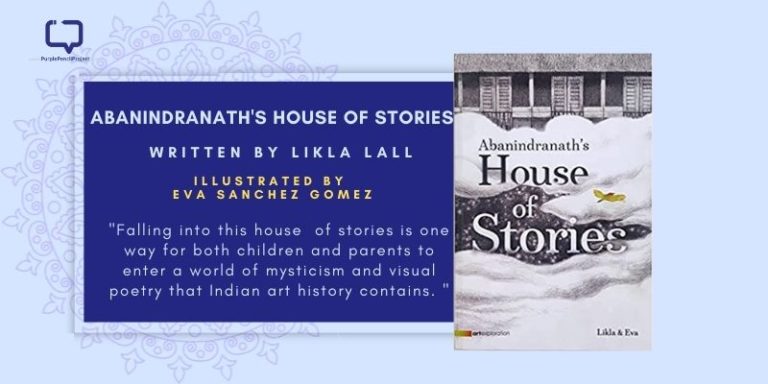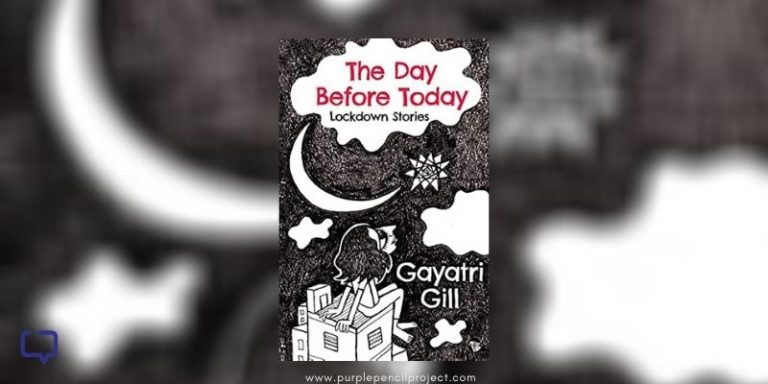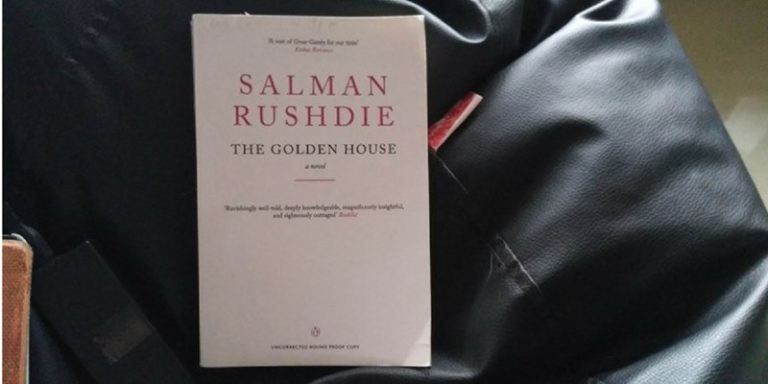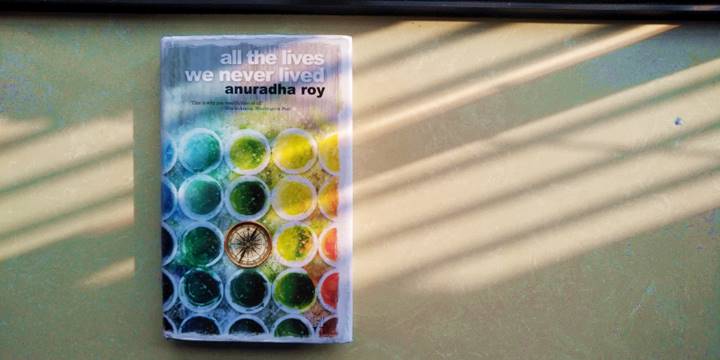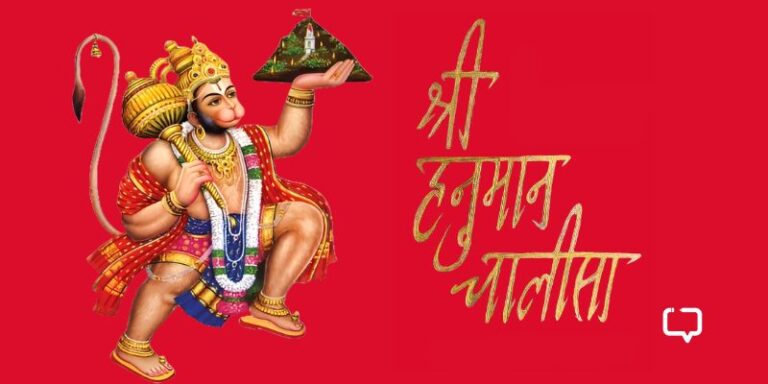Rahul Vishnoi reviews Vajpayee: The Ascent of the Hindu Right, 1924–1977 by Abhishek Choudhary (published by Picador India, 2023).
In the last Indian general elections in 2019, Vajpayee’s last remains (allegedly to the objections of his family members) were taken to a number of key polling constituencies as part of a yatra. A politician as important (useful?) to the serving government in death as he was in his life is rare to come by.
Vajpayee is often hailed as a follower of soft Hindutva and even his political adversaries call him a liberal and a ‘right person stuck in a wrong party.’ A silken carpet, its value and beauty notwithstanding, gathers dust underneath. It is this dust that Abhishek Choudhary sometimes sweeps to the surface to show us by gently slipping the beauty away and recording not only the achievements of Vajpayee but the cracks in the fibres of his being, too.
Choudhary’s Biography: A Rigorous Study
Abhishek Choudhary, in the winning speech for his debut work bagging the 2023 Tata Literature Live! First Book Award, humbly remarked that he, at the last moment, decided to just stroll into the award ceremony out of curiosity. He ended up winning. Although Choudhary pulls up the subject of his study to the most severe, rigorous moral standards, his modesty runs close to the figure he studied after being awarded the prestigious NIF fellowship in 2017 to research Vajpayee’s life.
Hailed by the master biographer Ramchandra Guha as one the finest biographies of an Indian Prime Minster, Vajpayee- The Ascent of the Hindu Right is rich in detail without wearing a discriminatory gaze. It doesn’t succumb to the obligation of sugarcoating the life of its subject so much so that one of the popular tabloids calls Choudhary’s treatment towards his research subject ‘harsh’ for calling politicians naturally double speakers.
Myths and Realities: Vajpayee’s Early Life and Career
Capturing Vajpayee’s personal and political life from 1924 to 1977, Choudhary has planned the book as a two-part biography, citing the reason for this as “We know little of value about the first half of his six-decade-long career.” Choudhary himself claims that he is merciless sometimes, only to be a little tender at other times. He tries not to be awestruck by his subject to give a clear account of the stalwart he has studied.
The book begins with busting myths about the eponymous statesman, the first being his birthplace. He was born near Agra, in Bateshwar (its rich history and downfall are discussed in detail- a sign of rich research and good storytelling) and not Gwalior. With great fondness, he would later recall his childhood:
The Yamuna’s bank, mounds of sand
On stilts a home of grass and thatch
A courtyard swept with cow-dung
Sounds of bell, the Tulsi patch
On mother’s tongue the nectar of the Ramayana’s lines.
Choudhary also clears that, contrary to the popular perception, Vajpayee did not call Indira Gandhi ‘Durga’. Choudhary, in an amusing tone, after coming across Vajpayee’s eighth class result (imagine someone doing that to you, the horror of that), debunks the myth perpetuated by other biographers that Vajpayee had been academically gifted. The author was shocked to notice that the son of a headmaster had barely passed with a third division. Such myths, the author laments, have been perpetuated in recent biographies of the then PM.

Choudhary however, also credits the former PM with the early success of Jan Sangh, a party floated by him, Dr Shyama Prasad Mookerjee and Balraj Madhok (the book also doubles as an account of the birth of the Jan Sangh).
The popular narrative about the BJP tends to solely credit the Ayodhya movement of 1989–92 led by L. K. Advani for catapulting the party into power. This is an ideologically lazy, self-deceptive analysis that wholly bypasses an earlier trend.
– Abhishek Choudhary, Vajpayee: The Ascent of the Hindu Right, 1924–1977
Political Ascent and Ideological Foundations
Choudhary, apart from hammering down on the myths, also cements other well-known facts about Vajpayee. The story about him forgetting a mugged-up speech while on the stage for a debate that led to widespread mockery by his schoolmates turns out to be true. Consequently, Vajpayee pledged- “I learned a lesson that changed my life. I took a pledge that I would never rote-learn a speech.“
The book informs the reader how Vajpayee grew into his liberal persona with time and age. A young Vajpayee was not so mellow.
He argued that Muslims who stayed back in India needed to pass a loyalty test, which included handing over usurped Hindu sacred sites such as Ayodhya, Kashi and Mathura. This was a popular belief in those times, even among Congress members, notably because the Muslim League had won a staggering 87% of the reserved Muslim seats in the 1946 election. The idea of Pakistan had been supported wholeheartedly by the Muslim electorate of undivided India.
– Abhishek Choudhary, Vajpayee: The Ascent of the Hindu Right, 1924–1977
The book doesn’t shy away from diving deep into the murk and the mud. Gandhi’s assassination has been discussed in detail. Gandhi opposed RSS, the author writes, but Home Minister Vallabhbhai Patel was not convinced. Maybe he wanted to use the influence of the Hindu right in his power play with Jawaharlal Nehru and even imagined that RSS members would eventually come to the other side.
Golwalkar bragged at a secret meeting that Mahatma Gandhi could easily be killed… but it is our tradition not to be inimical to Hindus.
– Abhishek Choudhary, Vajpayee: The Ascent of the Hindu Right, 1924–1977
Gandhi’s assassination in 1948, however, had the RSS distancing itself from the Hindu Mahasabha. One of the most shocking facts revealed in the book is how Gandhi’s last rite ceremony was organised by the son of a formidable Mahasabha leader.
Vajpayee’s Rise in Politics
In the early 50s, Vajpayee’s political flight began to take off. He was appointed PA to Dr Mookerjee and, in the coming years, he would form Jan Sangh and contest the elections. After Mookerjee passed away, Deendayal Upadhyay took Vajpayee under his wing. The book tenderly outlines the close bond shared by the two. When Upadhyaya died after falling from a train (or was murdered violently by getting pushed off), Vajpayee was devastated. The death of his parents unmoored him too.

It was as a parliamentarian that Vajpayee stood out. He criticised Nehru, who complimented the young parliamentarian, thus enabling Vajpayee’s first foreign travel. The last portion of the book, titled “In the Shadow of Shrimati Gandhi: 1968 to 1977,” looks at the Indo-Pak war, the JP movement and the Emergency, finally ending with Indira Gandhi’s electoral defeat and Vajpayee joining the government as the Minister for External Affairs with L.K. Advani joining him as the Minister of Information and Broadcasting.
The book has a rich storytelling core that saves it from being dry and overtly political. Ultimately, this non-fiction saga is as crisp as it could be.










